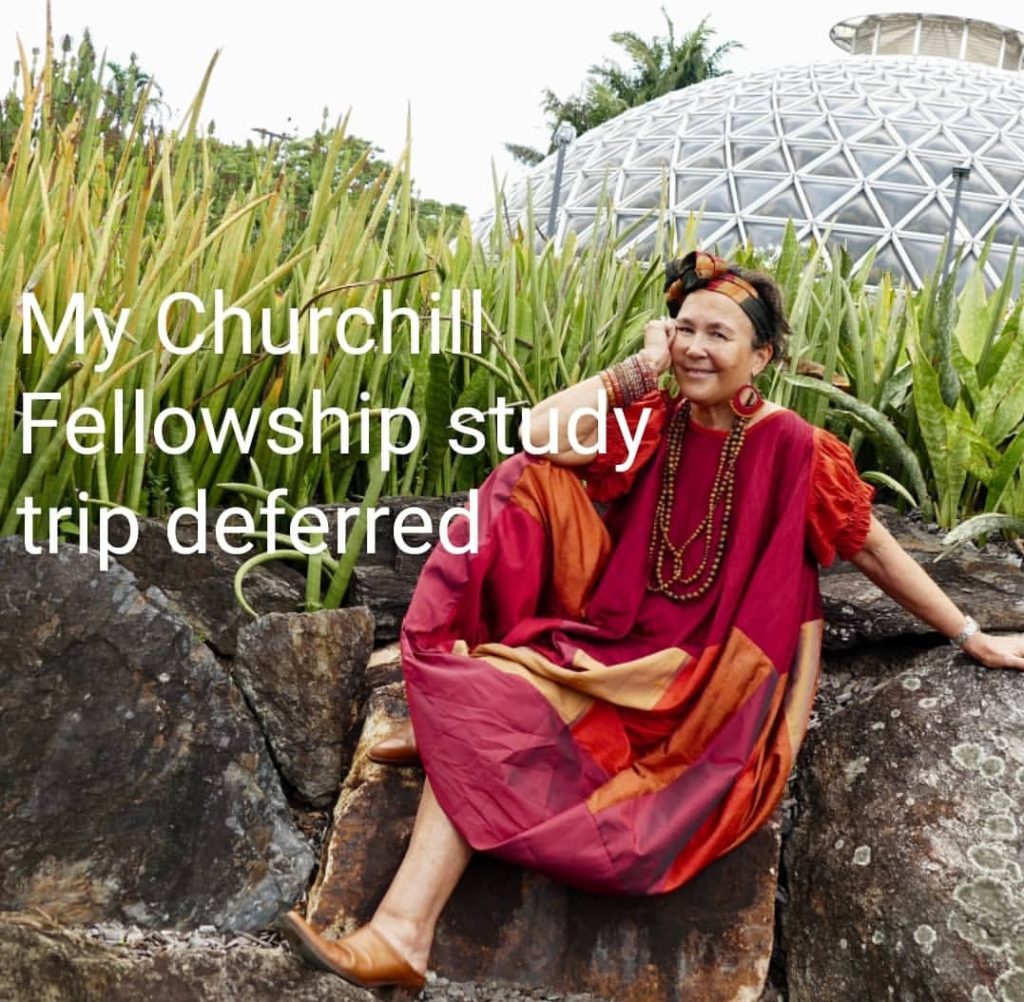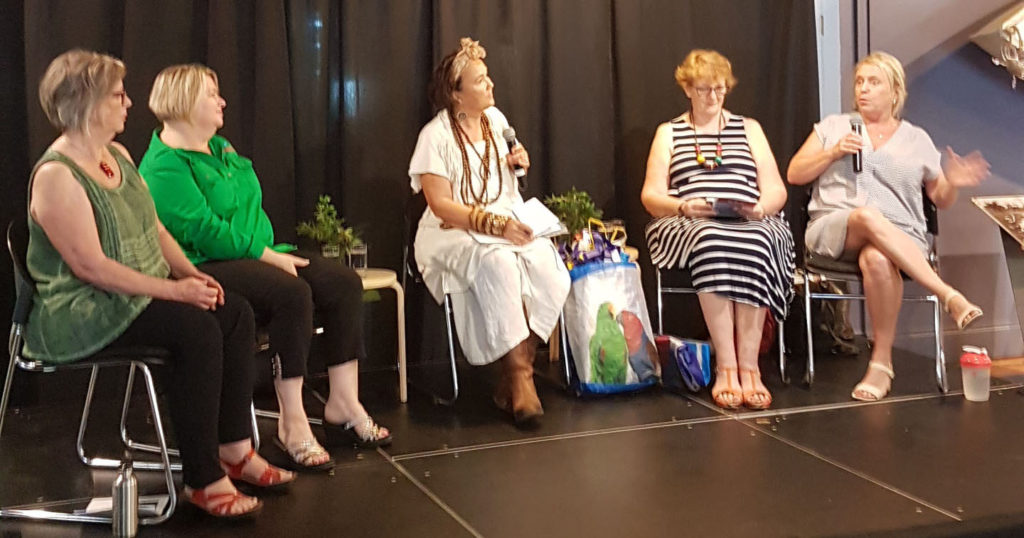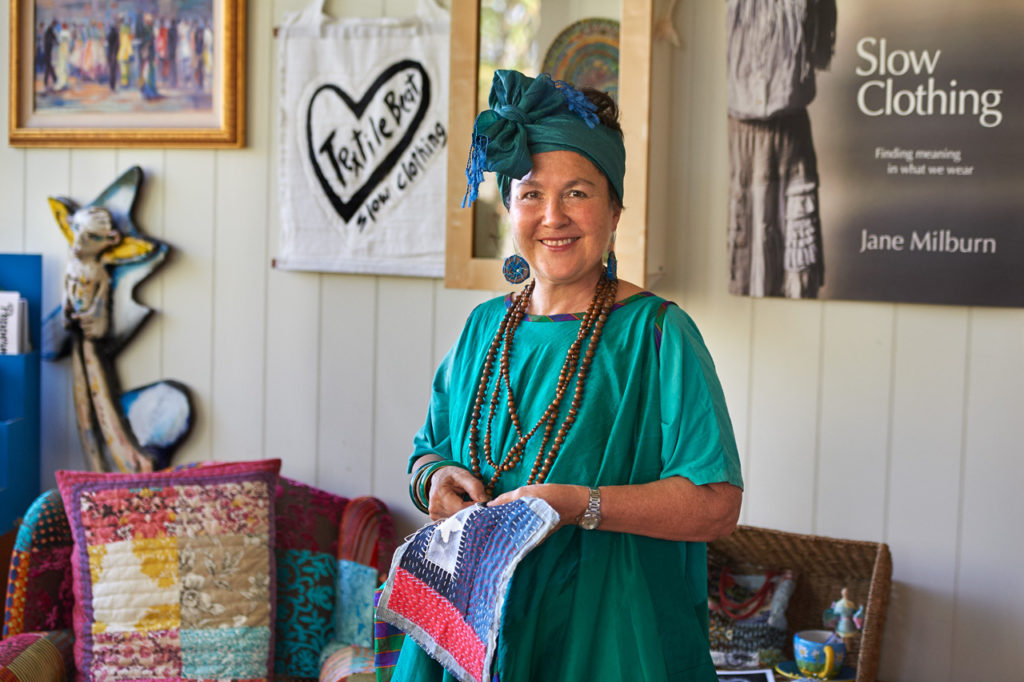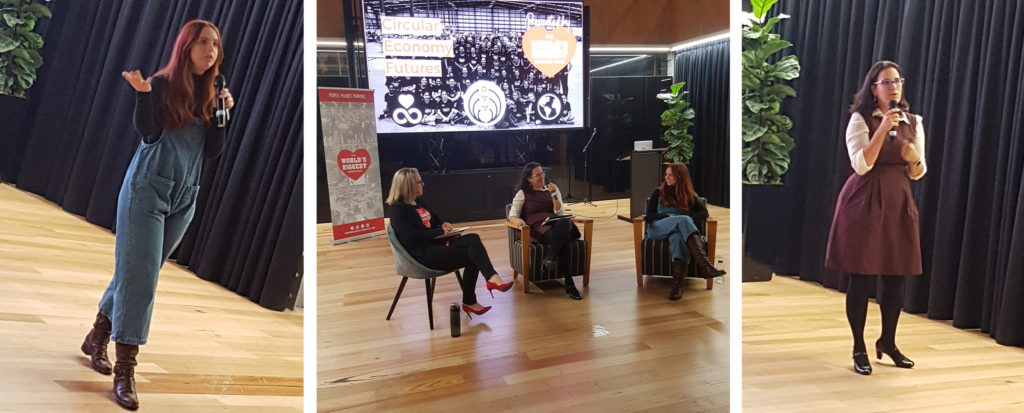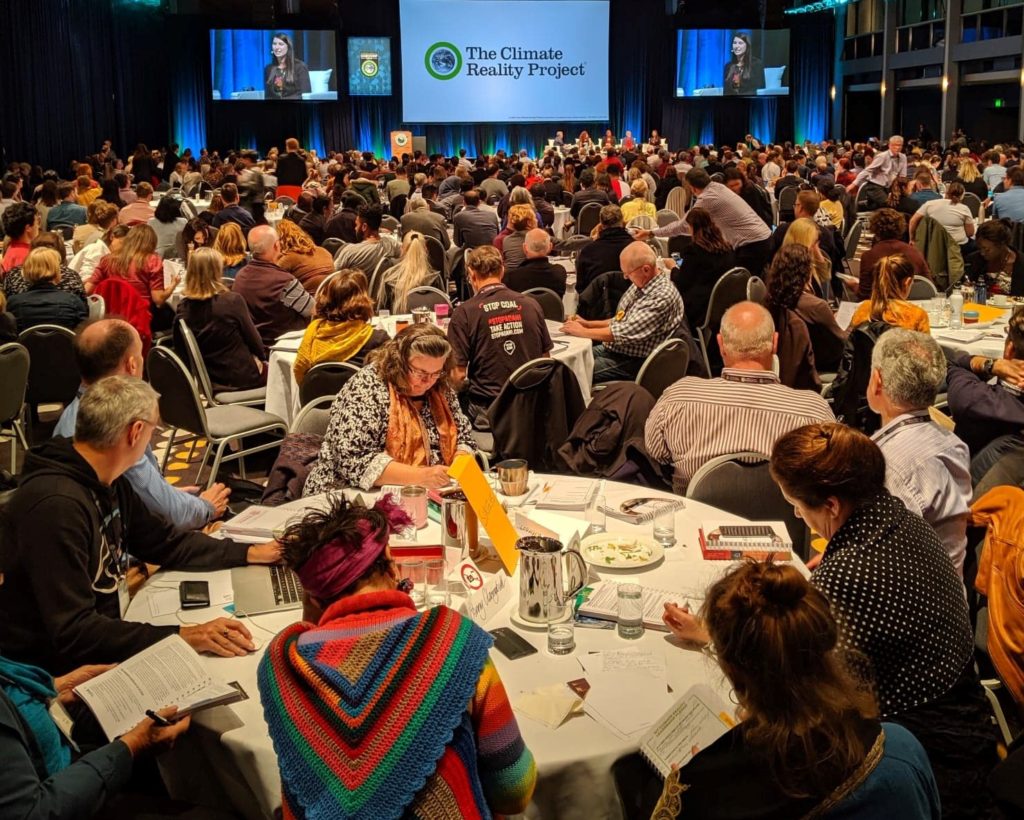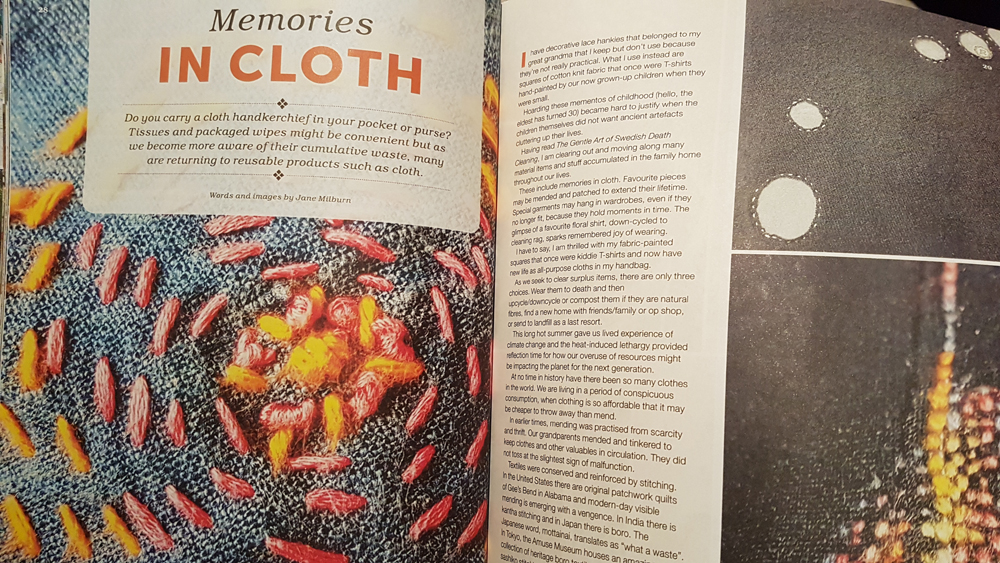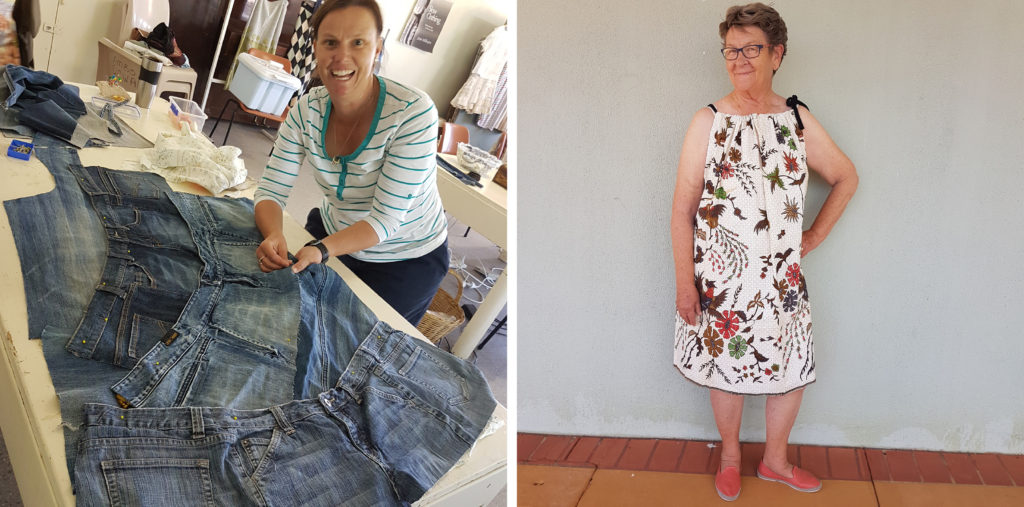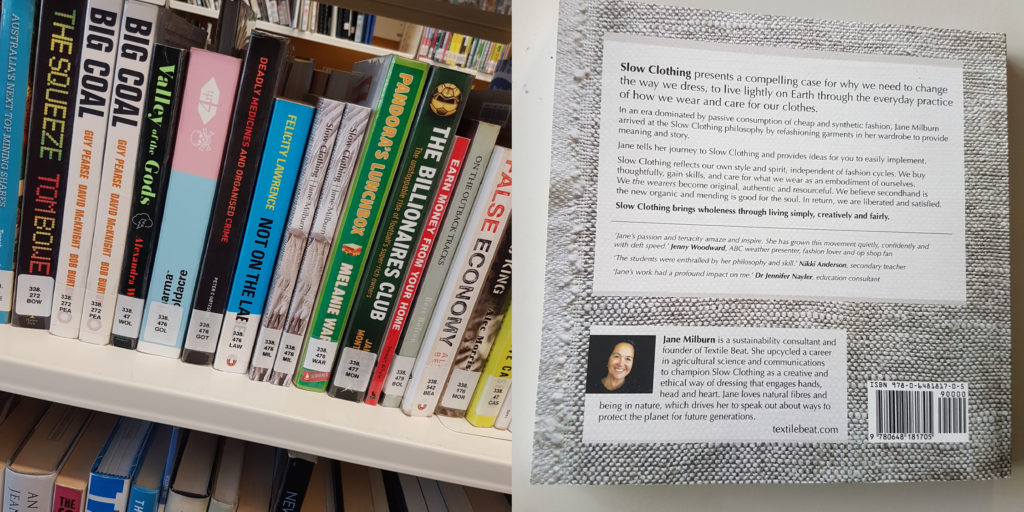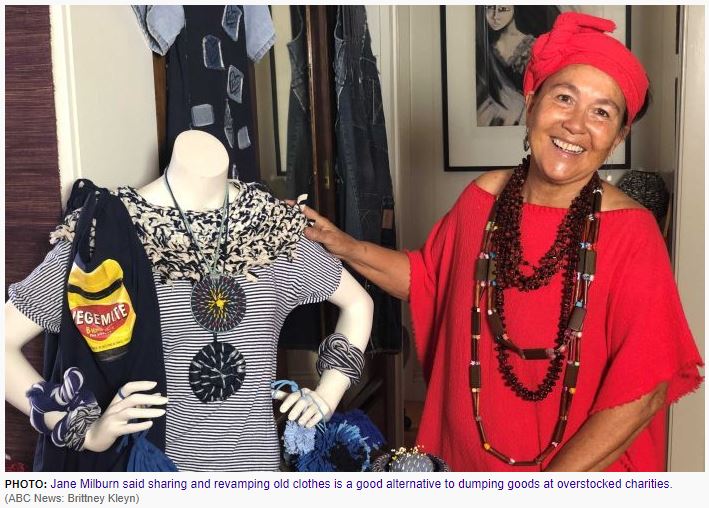Rethinking the way we live, work and play is happening as we adapt to the uncertainty and profound changes coming down the line with coronavirus. We can calm ourselves by focusing energy on living with creativity, simplicity and integrity, rather than worrying about distant unknowable possibilities.
Wabi sabi is a gentle approach to life embedded within Japanese culture that has its roots in Zen philosophy. As I (Jane Milburn) read more about wabi sabi during lockdown, it struck me as a way of living in tune with nature rather than seeking to control, manage and exploit it.
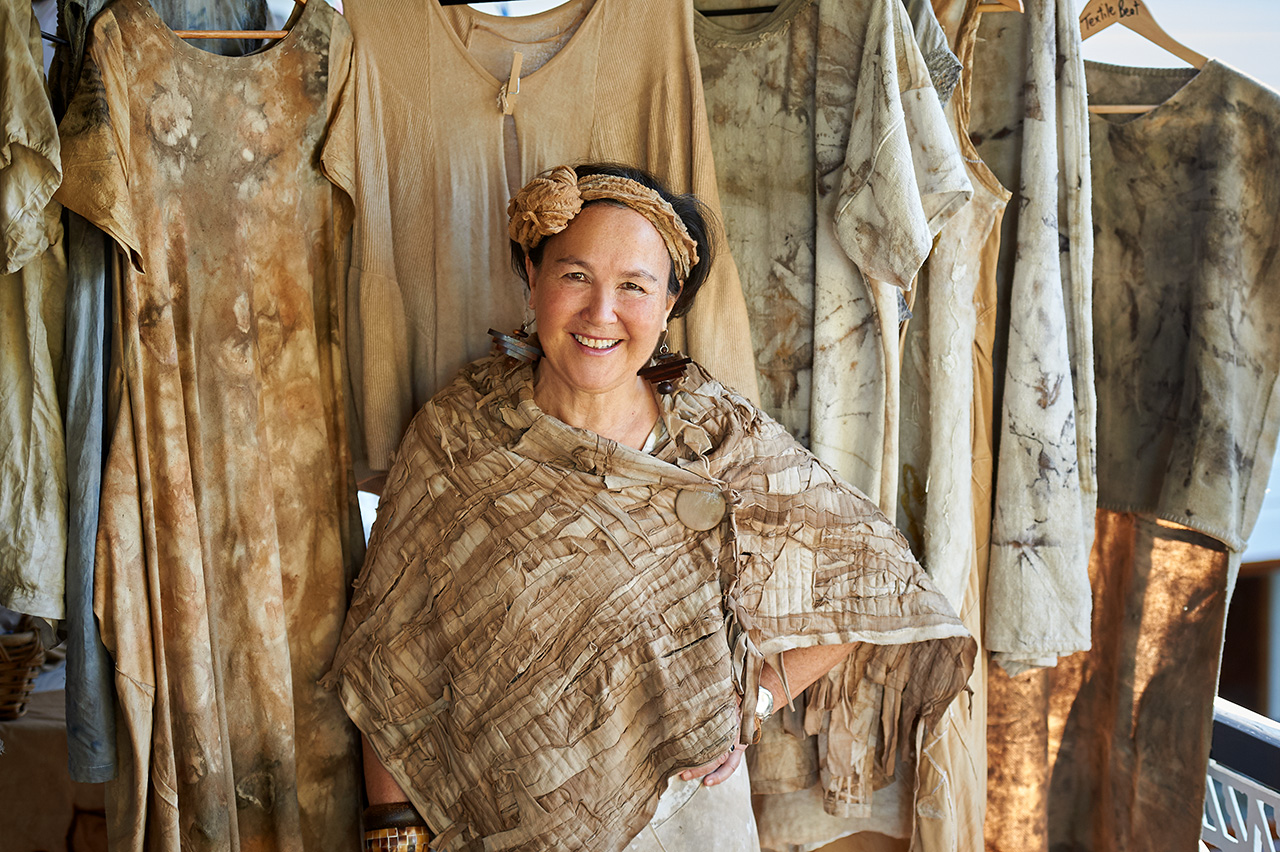
Jane Milburn wearing garments made from natural fibres coloured by leaves and bark. Photo by Patria Jannides.
At a time when we need to be adaptive and resourceful, wabi sabi is a salve that enables us to find beauty in what is around us, in all its imperfection and impermanence.
